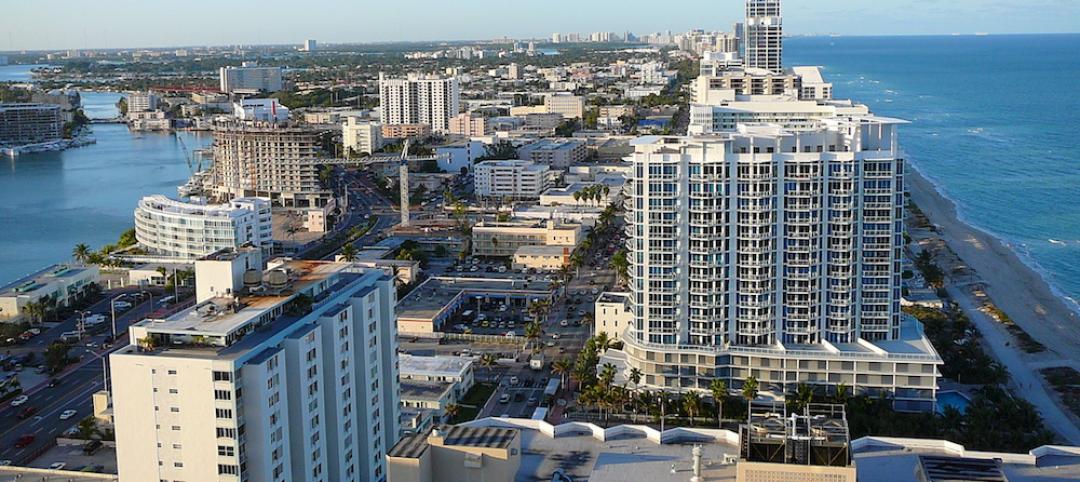Two years ago, a plan to create a smart city project along Toronto’s waterfront was unveiled with great fanfare.
Since then, the proposal, spearheaded by Sidewalk Labs, a subsidiary of Alphabet (Google’s parent company) has prompted extensive public criticism and a lawsuit by the Canadian Civil Liberties Association over data privacy and misuse concerns. The ambitious project was conceived as a showcase for the latest smart city technologies.
The project is to be centered on sustainable and safe transportation systems, and efficient and affordable housing. Technology such as “adaptive traffic lights” would prioritize cyclists and pedestrians and study the possibility of autonomous transit options. Innovative building materials and new occupancy models, like “co-housing”, would offer green, reasonably-priced housing.
With sensors tracking people and vehicles sprinkled throughout the development, privacy rights advocates are concerned that the data could be used for surveillance and discourage people to exercise free speech rights. It didn’t help that at public hearings Sidewalk Labs seemed unable to spell out where this data would be stored and how it would be used.
The company also presented a greatly expanded scope of the proposal from the original 12 acres to a 190-acre area at a public meeting, perhaps misreading the intent of the agreement with the city. These issues have caused delays to the project, but Waterfront Toronto, the city group overseeing it, recently voted to go forward with the 12-acre development.
Other smart city projects around the globe, including in South Korea and India, have been also been plagued by delays and controversies. These challenges indicate that making cities smarter will not be easy.
Related Stories
Legislation | Aug 10, 2016
Calif. bill would speed up environmental lawsuits on certain projects
A nine-month limit has been proposed for some $100 million-plus projects.
Resiliency | Aug 10, 2016
White House pushes for better finance strategies for disaster mitigation and resilience
The move highlights innovative insurance, mortgage, tax, and finance-based strategies.
Regulations | Aug 9, 2016
New trend eases parking requirements for U.S. cities
Transit-oriented development and affordable housing are spurring the movement.
Regulations | Aug 8, 2016
EPA toughens rules to reduce formaldehyde exposure from composite wood products
Products will now have to be labeled as compliant to the new rules.
Regulations | Aug 5, 2016
Stop-work orders in New York City up sharply this year
The orders come after a rise in the number of deadly accidents that have occurred in the past few years.
Sustainability | Aug 4, 2016
S.F. Bay Area voters approve first-of-its-kind tax to fight impact of climate change
The funds from the tax will be used to restore wetlands
Concrete | Aug 2, 2016
Concrete Association builds case against cross-laminated timber
The campaign asserts that not enough is known about CLT in construction
Seismic Design | Jul 28, 2016
Risk of man-made earthquakes now factor in seismic hazard analysis
Significant risk increases seen in some areas of the U.S.
Resiliency | Jul 27, 2016
New York’s resilience plans not taking long-term view, critics charge
Continued waterfront development may be regretted later this century.
Green Specifications | Jul 26, 2016
New Miami Beach law requires LEED certification on projects larger than 7,000 sf
LEED Silver the prescribed standard on buildings larger than 50,000 sf.















